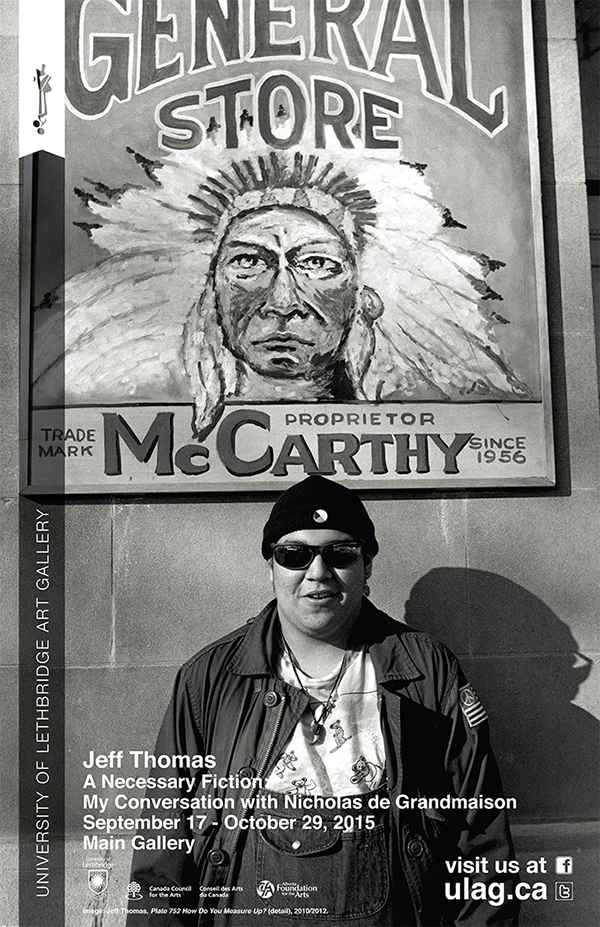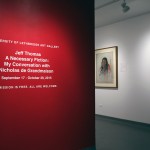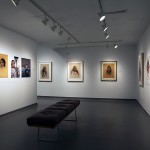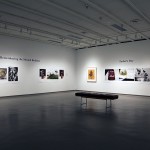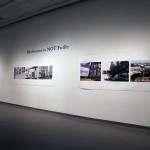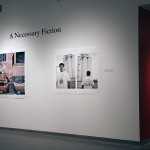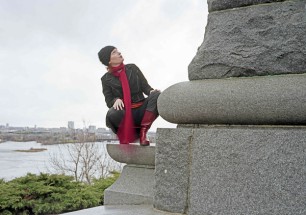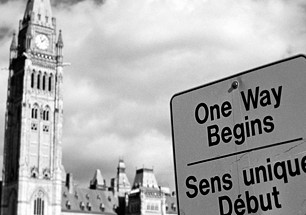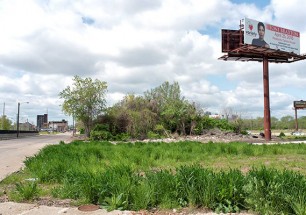A Necessary Fiction: My Conversation with Nicolas de Grandmaison
Is there a role for historical portraits of Indigenous people, not produced by Indigenous people, in today’s quest for self-determination?
My photo-based and curatorial practice emanates from my First Nations/urban background. Making my heritage part of a real-time cultural conversation and challenging the public’s stereotypes of Indigenous peoples have been key objectives. As such, I examine archival materials and incorporate historical photographs as part of the conversation. The word “conversation” implies a give-and-take and, indeed, my intention is to engage public spaces and make them conversation places for our communities. I build on the teachings of my family elders on the Six Nations reserve who emphasized the necessity of being responsible to your community. My elder and great-aunt, Emily General, was a prominent activist and Longhouse traditionalist and I was privileged, in my youth, to listen to her, as well as her friends and colleagues who stopped by the farm for visits. I grew up with a profound sense of activism and a desire to carry out the activism she instilled in me.
While visiting family elders at Six Nations, I learned about my Haudenosaunee (Iroquois) history and culture and, when I returned to the city, I was filled with questions for my grade-school teachers. I wanted to know why we were not learning about this history and why Indian people were treated so differently. When I was with my family at home or on the reserve, I didn’t think about these things. Why was it only in the outside world that I felt isolated and invisible?
Emily once told me, before travelling back to the city with my grandmother: “Remember who you are and where you come from.” When we arrived back in the city, it was a late summer night and none of my friends were at our usual corner hangout, so I sat down and noted what I saw, smelled, and heard. I told myself over and over again: “Don’t forget this moment because it is who you are.” I thought about another thing Emily had said: “Someday, Jeff will tell his story, not just our story.” The work represented in my exhibition represents my journey to face and challenge the unnecessary “Indian” fictions, and finally begin to tell my story.
Organized by University of Lethbridge Art Gallery, SEPTEMBER 17 – OCTOBER 29, 2015.
Associated media on the exhibit:
15.09.19 Indigenous photographer fills void with his work (Lethbridge Herald)
15.08.12 Jeff Thomas’ three decades of ‘Bear Portraits’ trace evolution of his son from child to grown up member of A Tribe Called Red (National Post)

